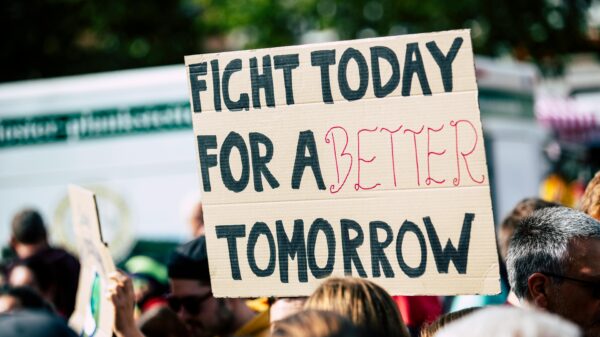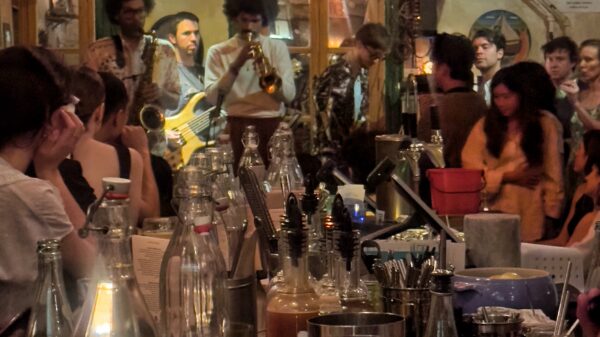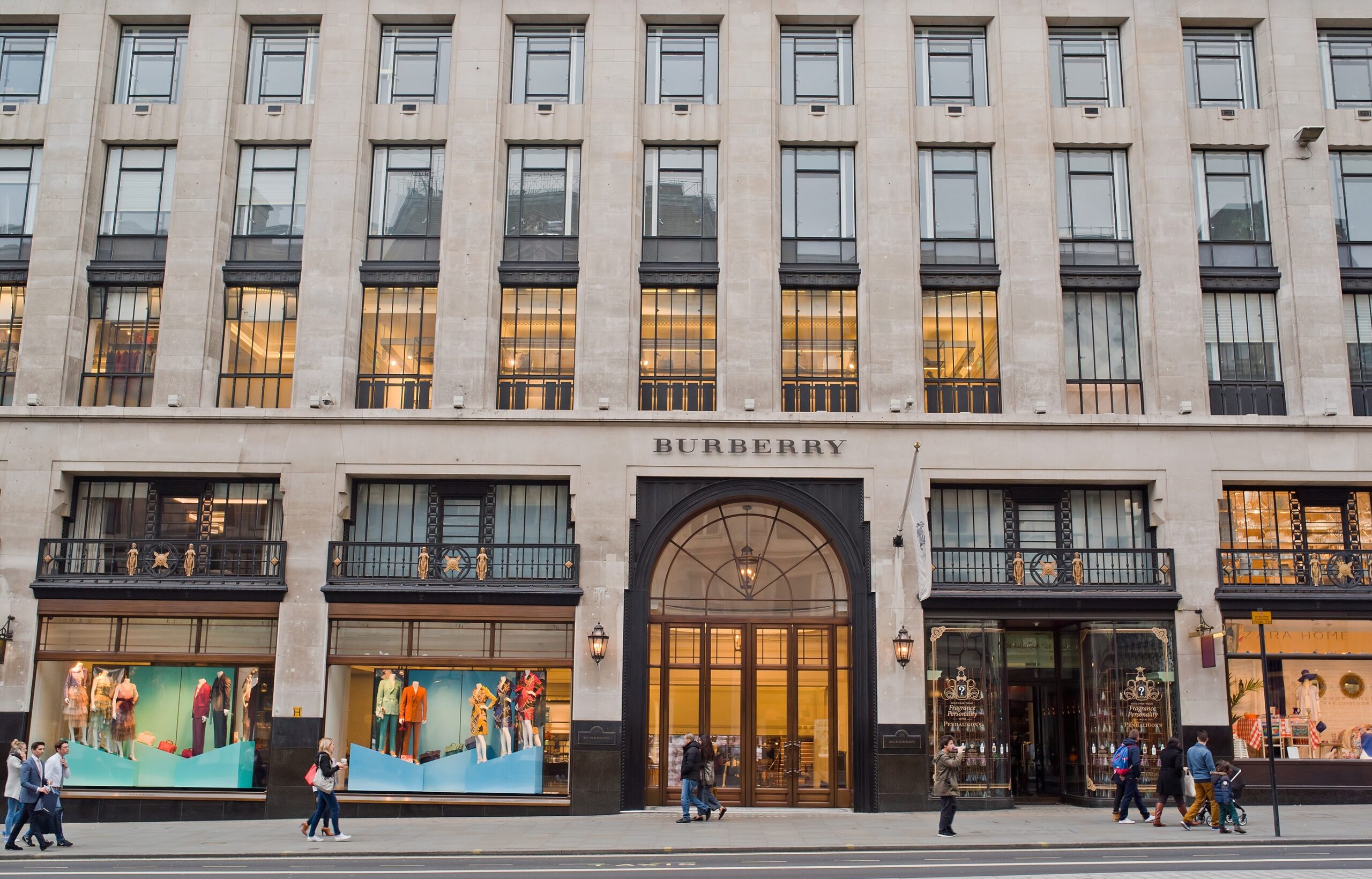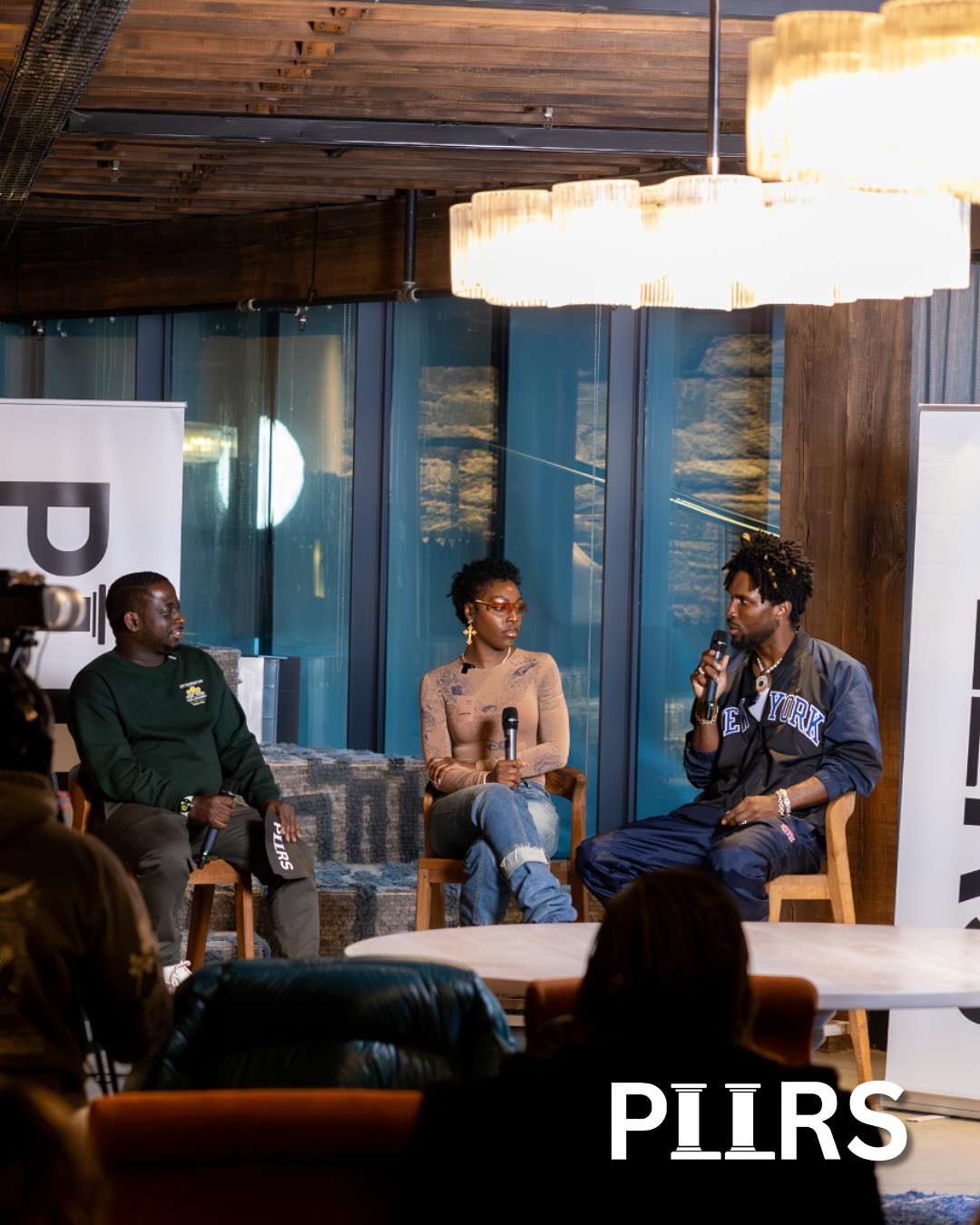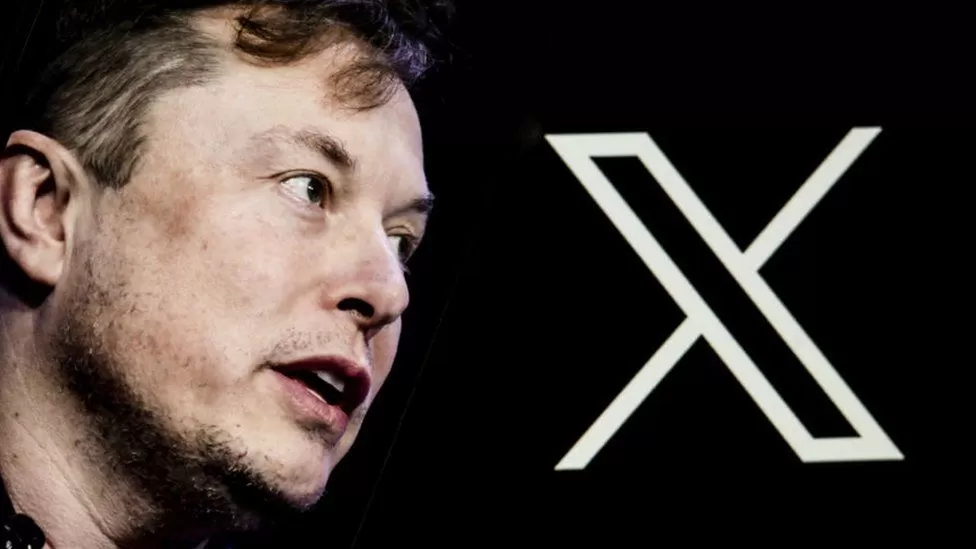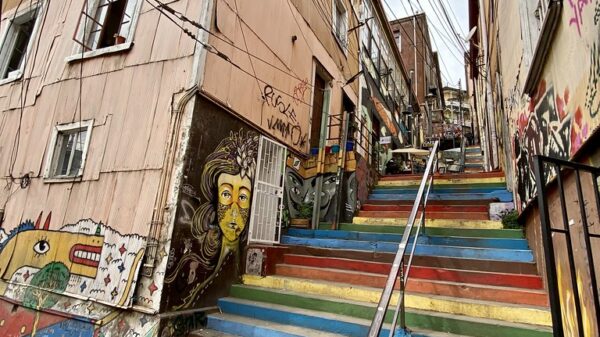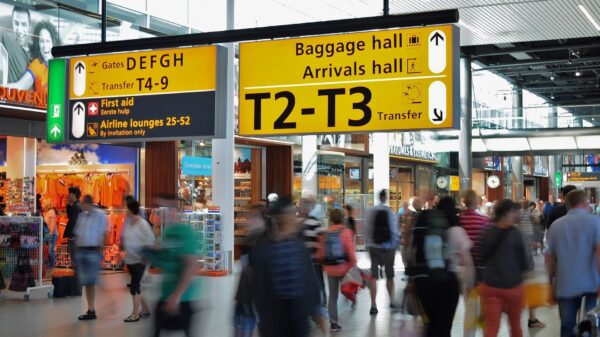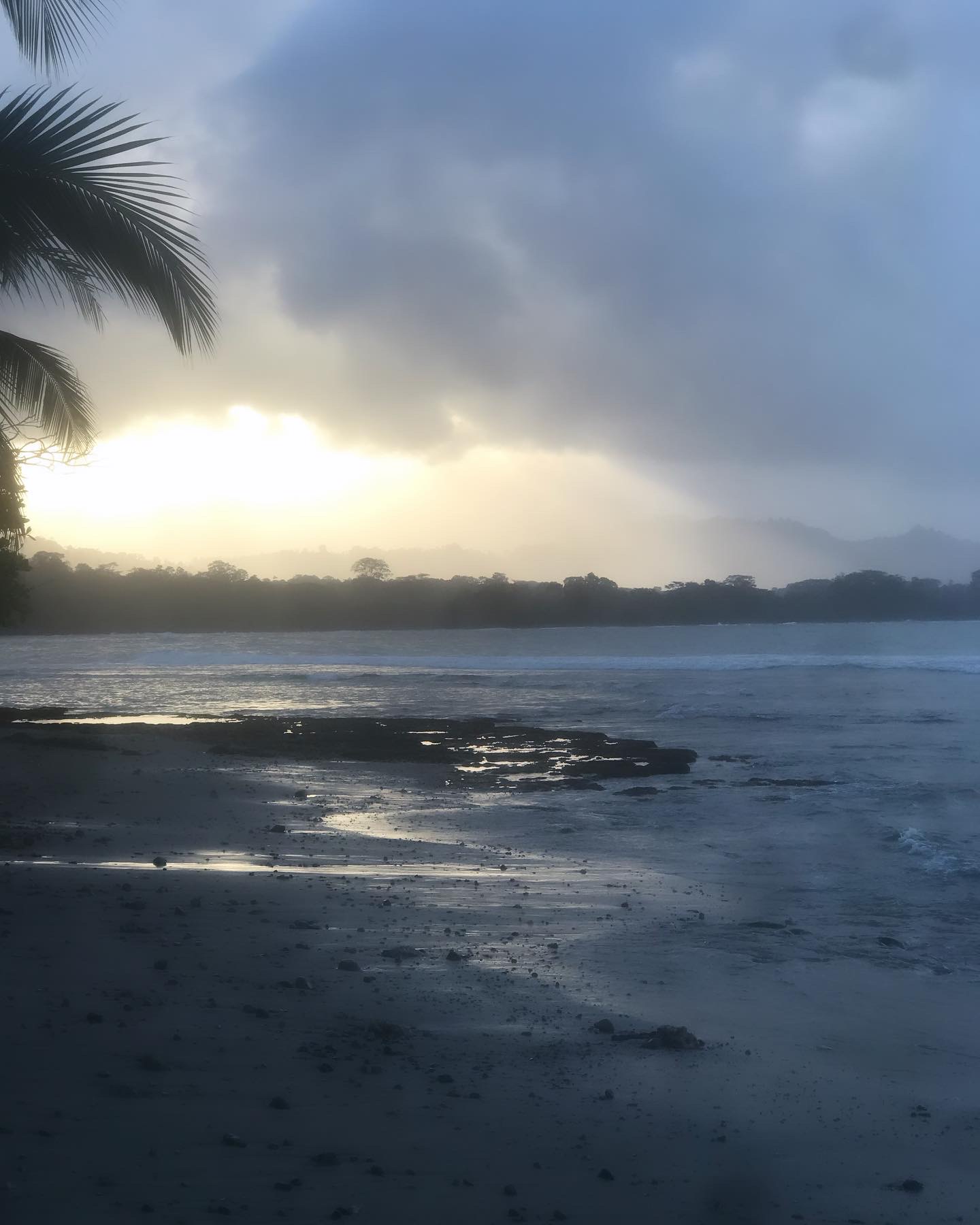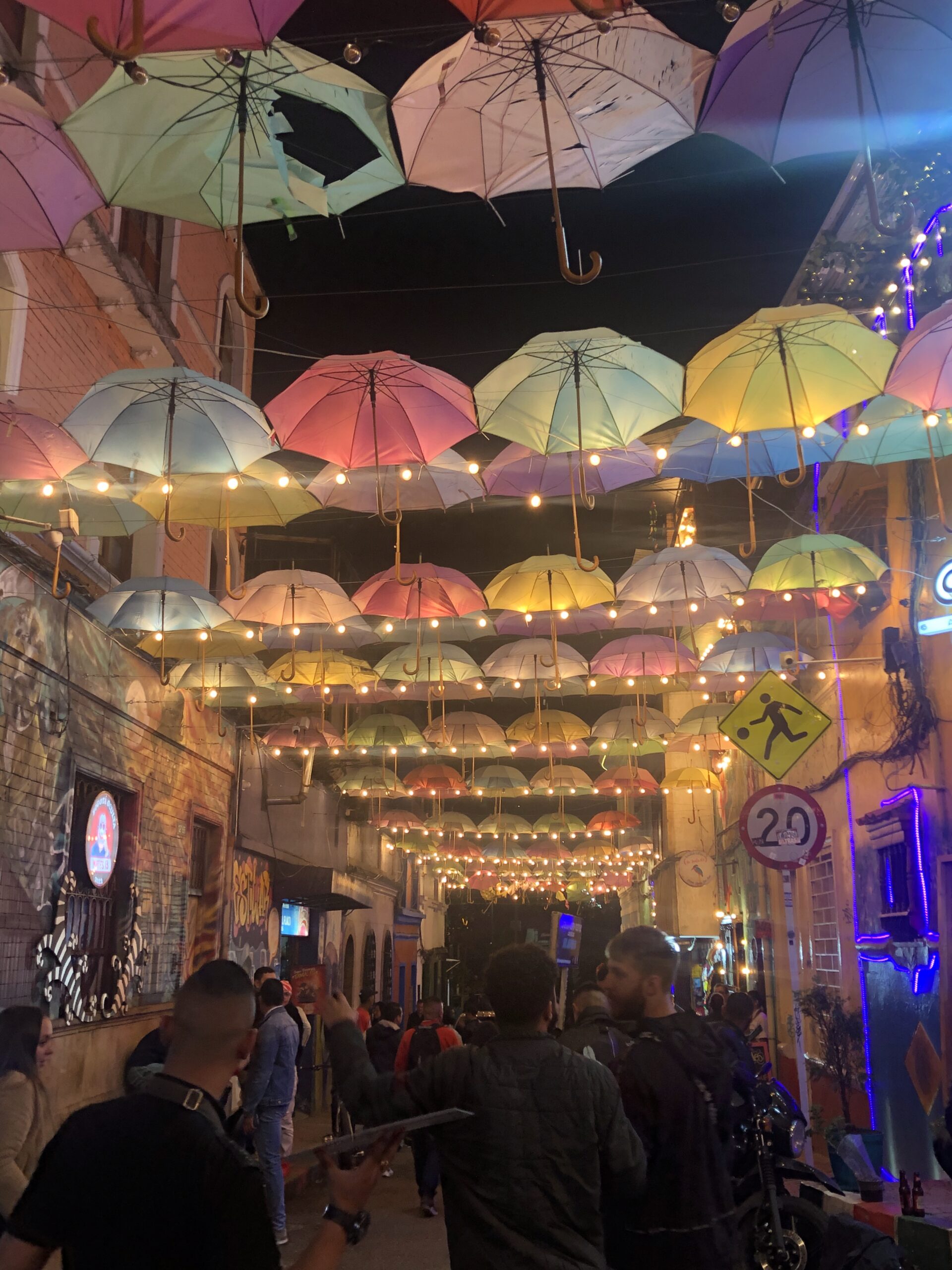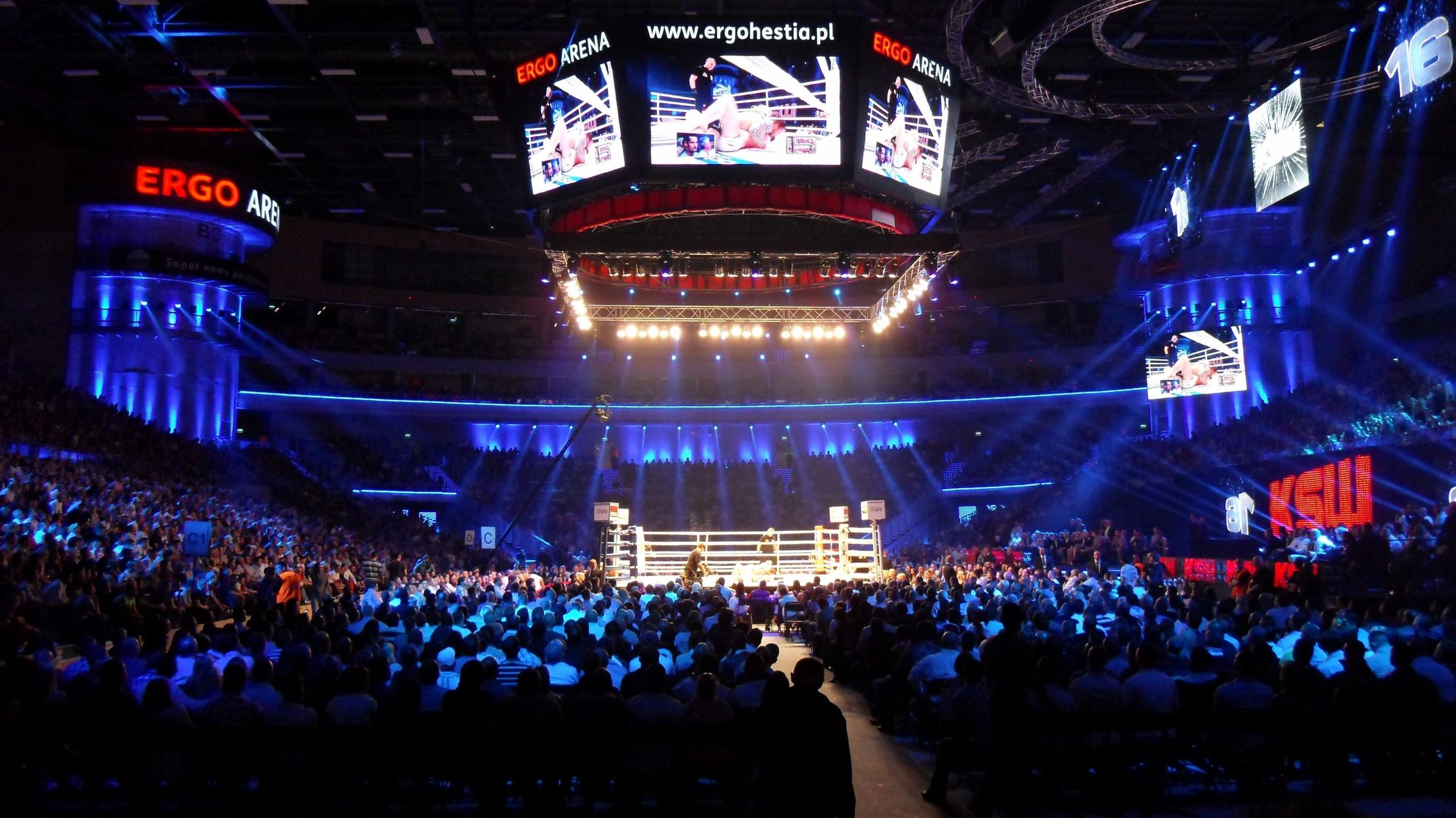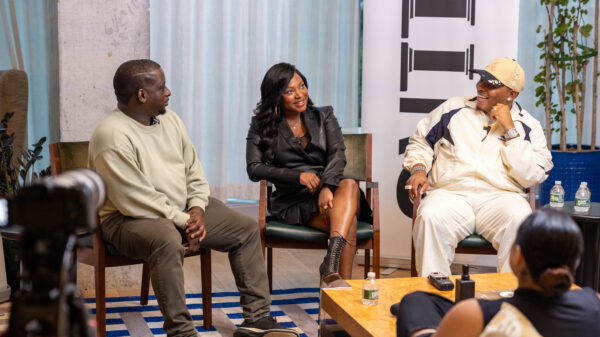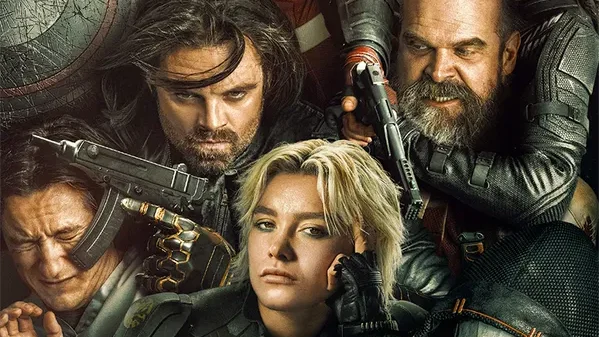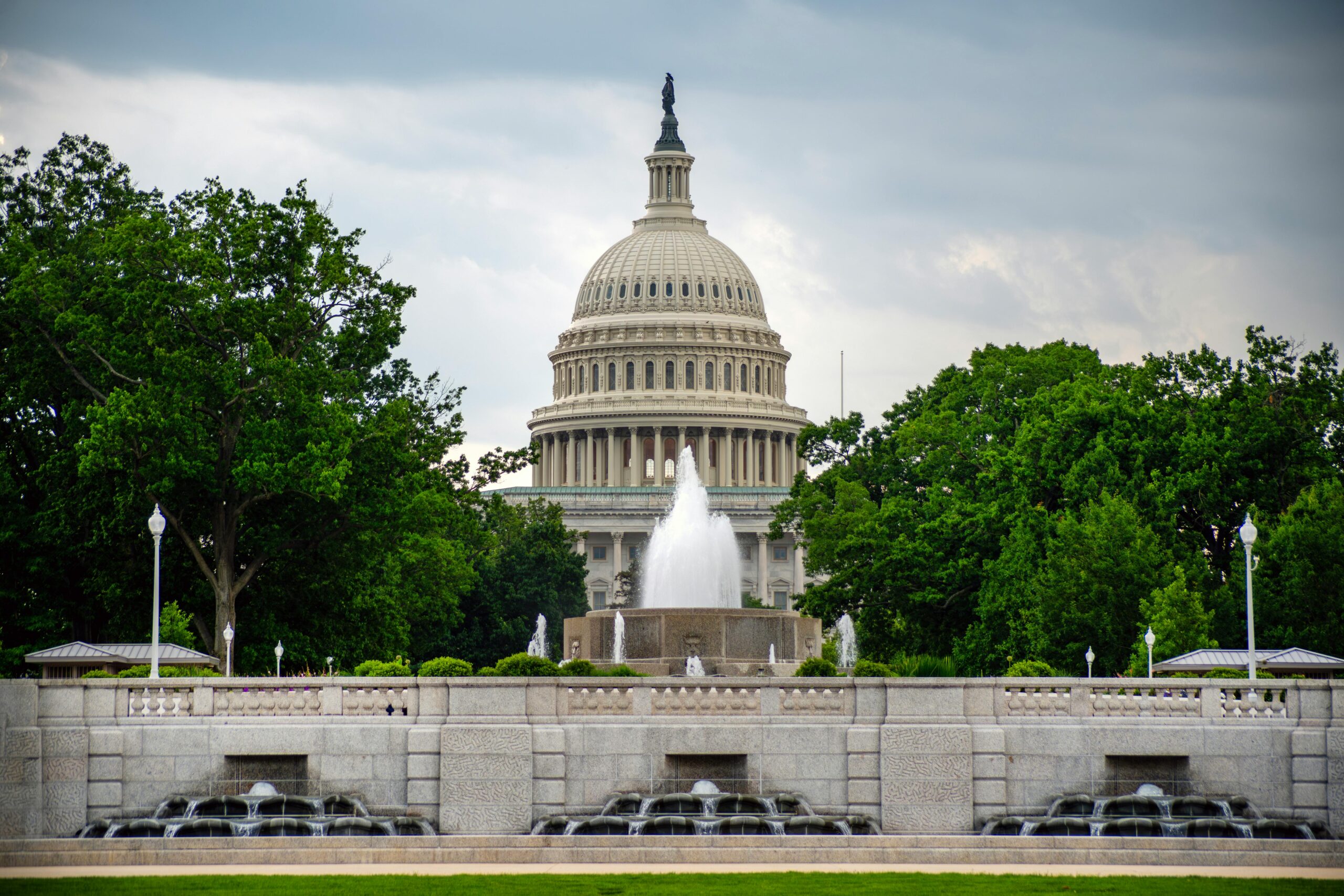In an unfiltered Oval Office moment, President Trump reportedly confronted South African President Cyril Ramaphosa with a debunked video claiming “white genocide” against Afrikaner farmers. The footage—dramatic but misleading—was actually from a protest using symbolic grave markers, not evidence of state-sponsored violence.
South African officials were quick to respond. Major political parties and international analysts condemned the accusation, calling it “deeply irresponsible” and “racially inflammatory.” The incident is more than a diplomatic misstep—it’s a dangerous distortion of a country still grappling with the scars of apartheid.
Trump’s remarks echo a long-standing right-wing conspiracy theory that’s been widely discredited by global human rights watchdogs. But in an election year, the use of racially charged narratives for political gain has a familiar playbook.
For South Africa, this isn’t just a PR crisis—it’s a test of sovereignty and truth. Ramaphosa, navigating internal divisions and post-pandemic recovery, now faces added pressure to respond on a global stage.
In the age of viral misinformation, moments like this don’t just misrepresent—they destabilize. And they serve as reminders of how fast fiction can travel when power gives it a platform.

